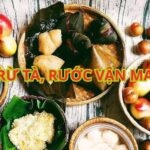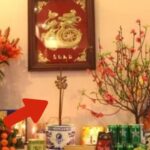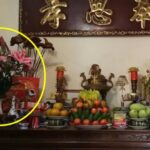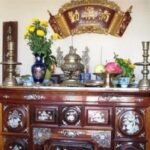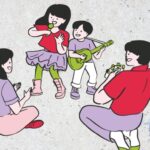The Qingming Festival is a time to visit and honor the departed, expressing gratitude and respect for one’s ancestors. In East Asian culture, hair is believed to be an integral part of the body, symbolizing energy and health. According to Woman, cutting one’s hair before or after tomb-sweeping day may be associated with separation. Thus, refraining from haircuts during this period is considered a way to ward off bad luck and show respect, always remembering those who have passed away.
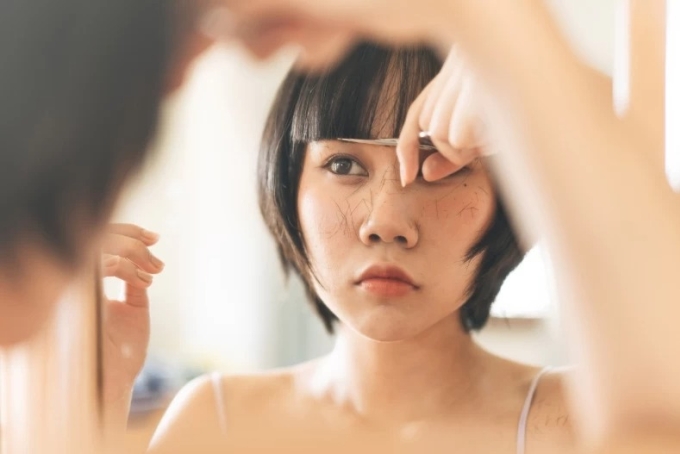
Qingming Festival is believed to be a time of high yin energy, and thus, folk belief advises against cutting hair to prevent weakening yang energy, which could impact one’s health.
2. Avoid bangs that cover the forehead
In folk belief, the forehead is considered the “gateway to one’s destiny,” and it should be kept clean and clear. By not having bangs that cover the forehead, one invites good fortune and avoids any darkness or obstruction of their fate.
3. Refrain from excessive hair accessories
During this solemn occasion, an excessive focus on outward appearance, such as flashy or intricate styles, is deemed unnecessary. Creating attention-grabbing hairstyles, using bright hair colors, and donning colorful accessories are discouraged. Opting for neat and elegant hairstyles, along with modest and respectful attire when visiting ancestral graves, demonstrates respect for the deceased and upholds the solemnity and sanctity of the event.
Ancestral Reminder: Dragon Boat Festival Superstitions – Performing This One Task Brings Good Fortune and Drives Away Evil
The Dragon Boat Festival, also known as the Double Fifth Festival, is a traditional holiday originating in China and celebrated in several East Asian countries. It occurs on the fifth day of the fifth month of the lunar calendar and is marked by a series of cultural and culinary traditions. The festival holds a significant place in the hearts of many, serving as a reminder of the importance of pest and evil spirit eradication, health, and community.
Where Should the Flower Vase Be Placed on the Ancestral Altar: Left or Right? Many Families Are Doing It Wrong and Losing Their Luck.
“Arranging an altar can be a daunting task, especially when it comes to the placement of the flower vase – a small yet spiritually significant item. Many are unsure of the optimal layout for their altar, seeking a setup that not only looks pleasing but also aligns with Feng Shui principles. The vase’s position, though seemingly minor, holds a profound influence on the overall energy and harmony of the space.”
























